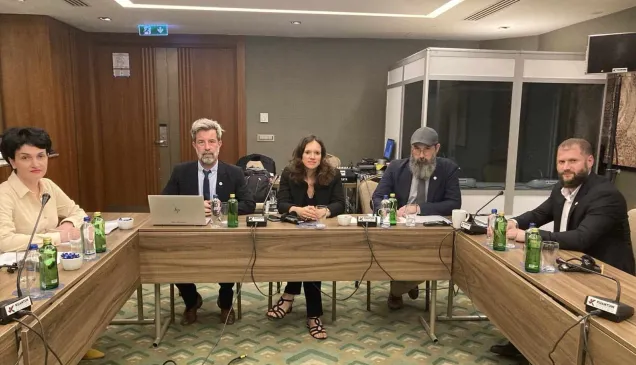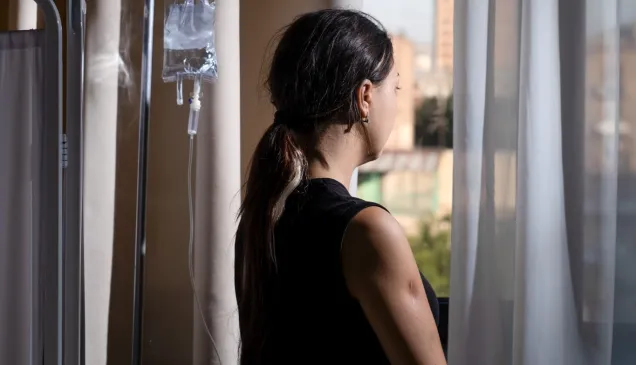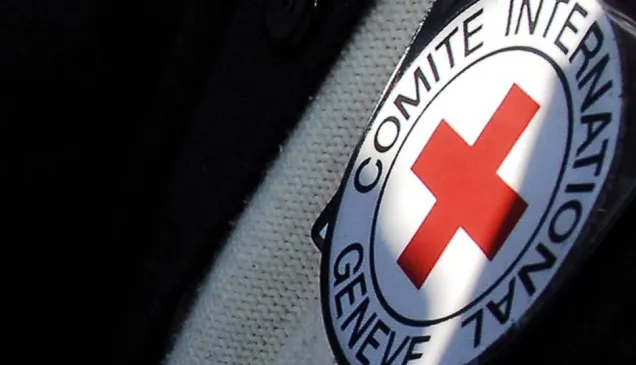Colombo: Launch of latest edition of International Review of the Red Cross on missing people
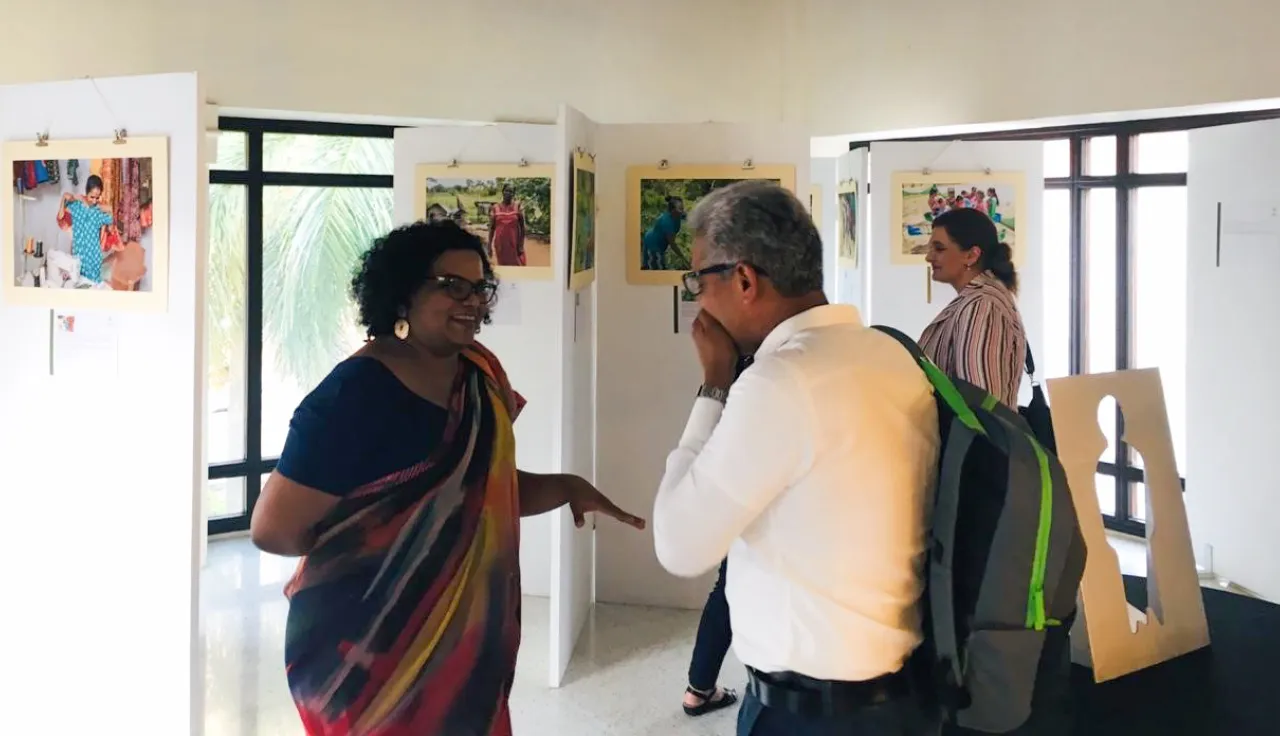
Colombo (ICRC) – The latest edition of the International Review of the Red Cross, titled The Missing, was launched during an event organized by the Colombo delegation of the ICRC on 29 March. In Sri Lanka, the ICRC runs an accompaniment programme to help families of missing people cope with the ambiguity of their loss by providing psychological, socio-cultural, economic, legal and administrative support. A photo exhibition featuring the positive impact of the programme in Sri Lanka was also organized at the venue.
Established 150 years ago in 1869, the International Review of the Red Cross is a quarterly journal published by the ICRC and Cambridge University Press. The Review works to select themes that are timely and contribute to the scholarly debate on important issues. Over the years, some themes have come back time and again, "the missing" being one such topic.
While the last dedicated issue of the Review on the topic of missing people came out in 2002, there have been many articles across thematic editions, looking at advances in forensics and the needs of affected families, among other subjects. Working to clarify the fate and whereabouts of missing people and to address the needs of their families remains an essential humanitarian concern.
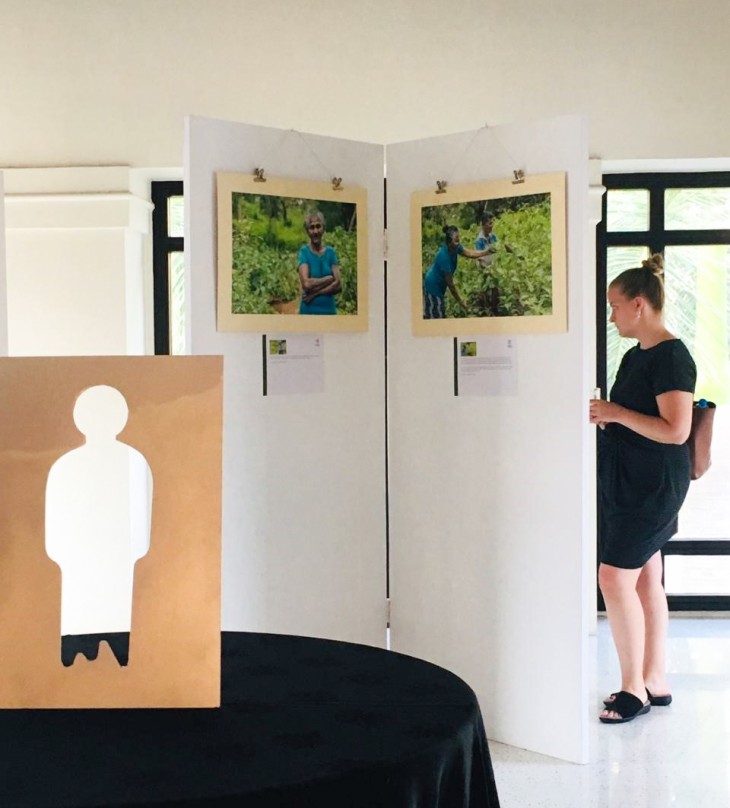
In this issue, the Review takes stock of recent advances in the humanitarian sector with the aim of promoting best practices and mobilizing action to clarify the fate and whereabouts of missing people and respond to the needs of their families. Three articles in the Review discuss measures being taken on behalf of missing people and their families in Sri Lanka.
Experts from across the world participated in a panel discussion organized during the launch ceremony. They delved into the theoretical and practical aspects of psychosocial support provided to families of missing people.
The panel comprised Dr Simon Robins, a humanitarian practitioner and research fellow at the Centre for Applied Human Rights, University of York, Gameela Samarasinghe, a clinical psychologist working in the sociology department of the University of Colombo, Dr Maleeka Salih, a researcher and trainer on psychosocial issues in conflict and post-conflict situations, Ananda Galappatti, a medical anthropologist and mental health and psychosocial support practitioner, and Maia Alkhazishvili, the mental health and psychosocial support delegate at the ICRC in Tbilisi, Georgia.
Keynote speaker Dr Pauline Boss, a groundbreaking researcher on ambiguous loss, joined the discussion via web streaming. She spoke about this complicated type of loss that people suffer from when they do not know the fate of their missing loved ones, thus making closure difficult. Her article on the psychosocial effects and therapeutic approaches is published in this edition of the Review.
Speaking after her, Dr Simon Robins detailed the theoretical aspects underpinning psychosocial support for the families. He talked about therapeutic approaches and gave examples from his experience of having worked in various contexts, particularly Nepal. He also provided practical insights into the social impact of ambiguous loss.
Gameela Samarasinghe and Dr Maleeka Salih provided an overview of the article they have authored for the Review, titled "Families of the Missing in Sri Lanka – Psychosocial Considerations in Transitional Justice Mechanisms". Ananda Galappatti shared his insights into the challenges and opportunities that present themselves while extending mental health and psychological support to families in Sri Lanka.
Wrapping up the panel discussion, Maia Alkhazishvili shared her experiences of working with families of the missing in Georgia and accompanying them during specific moments in the process of search and identification of human remains.

